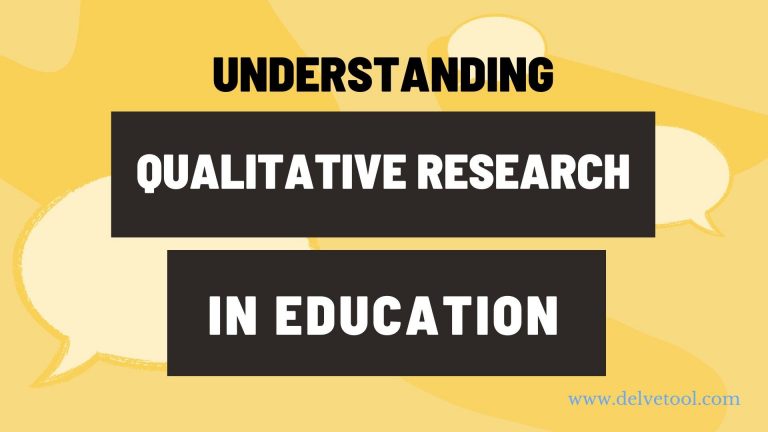The U.S. Department of Education is the federal agency responsible for establishing national education policy and administering federal financial aid programs. It oversees the Elementary and Secondary Education Act, which provides funding to public schools and promotes educational equity.
Key Roles and Responsibilities:
- Setting Education Policy: The ED develops national education policies and guidelines, such as the Common Core State Standards, which outline what students should know and be able to do at each grade level.
- Distributing Federal Funding: The ED administers federal financial aid programs, including grants, loans, and scholarships, to help students afford college education.
- Overseeing Educational Research: The ED supports educational research and evaluation to improve teaching and learning practices.
- Ensuring Equal Access to Education: The ED works to ensure that all students have equal access to a quality education, regardless of their race, ethnicity, gender, or socioeconomic status.
Notable Programs and Initiatives:
- No Child Left Behind Act: A law passed in 2001 that aimed to improve student achievement by holding schools accountable for student performance.
- Every Student Succeeds Act: A reauthorization of the No Child Left Behind Act, which provides more flexibility to states and school districts in implementing educational reforms.
- Teacher Loan Forgiveness: A program that provides loan forgiveness for teachers who work in high-need schools or teach certain subjects.
- Pell Grants: Federal grants that help low-income students pay for college.
Would you like to know more about a specific aspect of the U.S. Department of Education or its programs?










+ There are no comments
Add yours